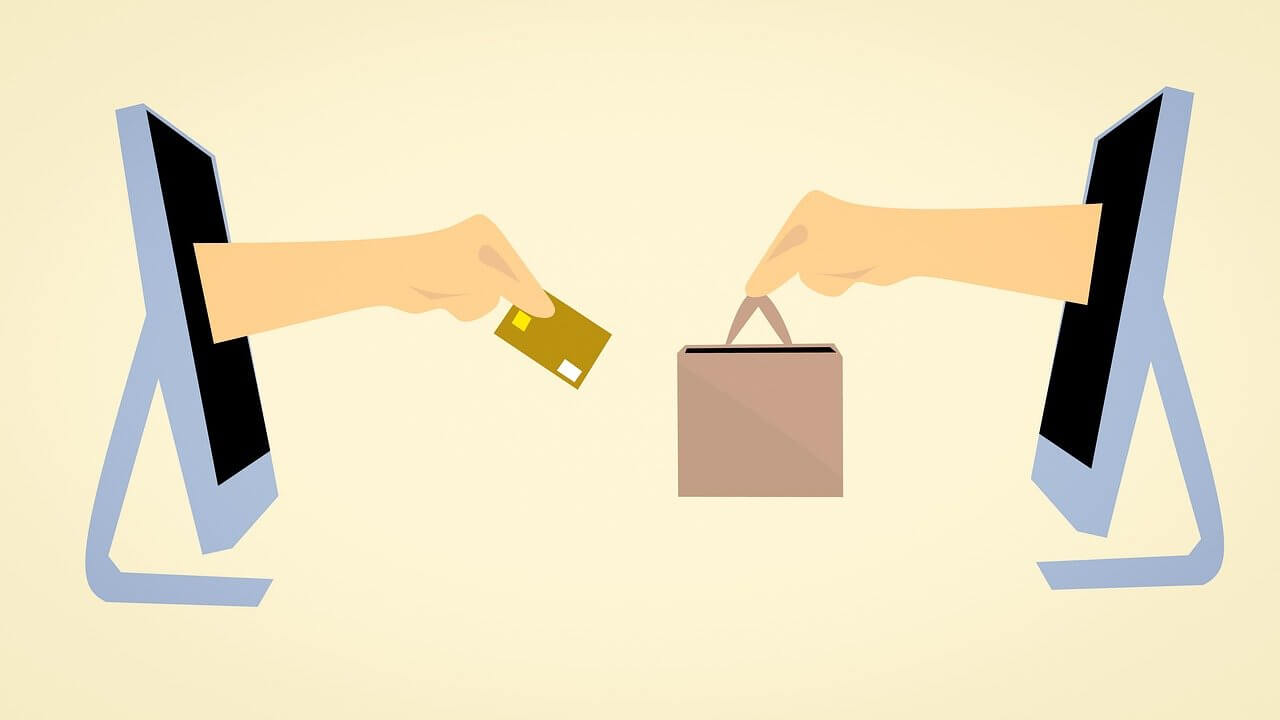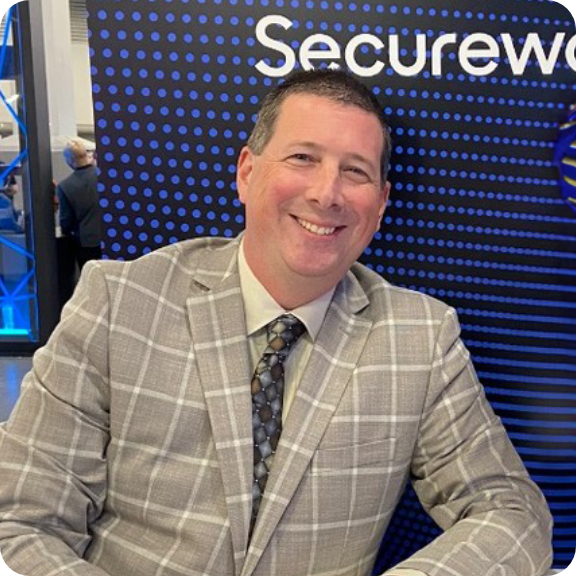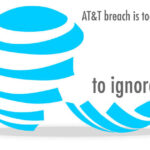Your cart is currently empty!
How Safe Are Online Payments?

While the convenience of online payments has made it easier for people to shop and pay for bills, many are still apprehensive about paying this way. A survey listed on Help Net Security even found that 87% of users prefer digital security over convenience. A lot of it has been attributed to the growing cases of card fraud, but news of hacking and other online security challenges has also led to a distrust of online payment gateways.
So how safe are online payments these days? Let’s find out.
Encryption
Encryption is an integral part of the online payment ecosystem. It’s what ensures that data is hard to decipher even if hackers end up getting their hands on it. Most of the time, online payment encryptions are very reliable. A lot of money-sensitive industries, like finance and online gaming, are even confident in its services. For example, investment app M1 Finance uses 4096-bit encryption, which is one of the hardest to crack. Meanwhile, Gala Bingo’s online gaming platform supports a number of safe online payment options, like PayPal and Neteller, that players can use to deposit or withdraw with. PayPal, for instance, is protected with an encryption key length of 168 bits. This is the highest security level commercially available.
But not every online payment provider and retailer will offer these levels of encryption, so you have to be careful.
Two-factor authentication
Two-factor authentication, sometimes known as dual-factor authentication, is a process that adds another layer of security after people have already inputted their password. Before the payment goes through, it will ask for unique identification data like one-time passwords, facial verifications, PINs, and others. These are very difficult to replicate, preventing a lot of people from using your card or e-wallet. Online payment providers like Worldpay and Skrill have two-factor authentication.
However, this feature needs to be set up before it can be used. Security consultant Alejandro Hernandez once talked about how a lot of Robinhood brokerage accounts have been breached lately, but only because most of its victims didn’t use two-factor authentication.
Data protection policies
Online payments don’t operate in a vacuum; there are several policies businesses need to follow to ensure the safety of their transactions. The US alone has enacted many laws on both the federal and state levels that concern payments in some way.
For example, the Restore Online Shoppers’ Confidence Act (2010) ensures that third-party payment providers can’t get their hands on payment data that goes through their channels. There’s also the Payment Card Industry Data Security Standard (PCI DSS) — a set of rules organizations need to follow when processing, storing, and transmitting card information. Non-compliance with the PCI DSS can cost organizations up to $100,000 every month in damages.
Unless they want to face the consequences, any business or provider is going to make sure that their platforms are safe.
Online payments are very safe as long as you choose the right providers and make full use of their security features. In fact, it’s no different from paying over-the-counter. You need to be vigilant no matter how you pay for your purchases. For more information check out our Cybersecurity page.

Scott Schober
CEO | Author | Speaker at Berkeley Varitronics Systems
Scott Schober presents at cybersecurity and wireless security conferences for banking, insurance, transportation, construction, telecommunications and law enforcement industries. He has overseen the development of dozens of wireless test, security, safety and cybersecurity products used to enforce a “no cell phone policy” in correctional, law enforcement, and secured government facilities. Scott regularly appears on network news programs including Fox, Bloomberg, Good Morning America, CNN, MSNBC, NPR and many more. He is the author of 'Senior Cyber', 'Cybersecurity is Everybody's Business' and 'Hacked Again', the “original hacker’s dictionary for small business owners” - Forbes Magazine.
Our Newsletter
Lorem ipsum dolor sit amet, consectetur adipiscing elit. Aliquam mattis ligula vitae leo scelerisque, sit amet feugiat ex venenatis.
"*" indicates required fields
Latest Posts
Our Best Sellers
How can we help?
Lorem ipsum dolor sit amet, consectetur adipiscing elit. Nunc dictum aliquet justo sit amet consectetur. In tempor lobortis ante vitae ornare. Praesent feugiat magna at tempor consequat. Aenean in iaculis libero, aliquam imperdiet mi.









Leave a Reply